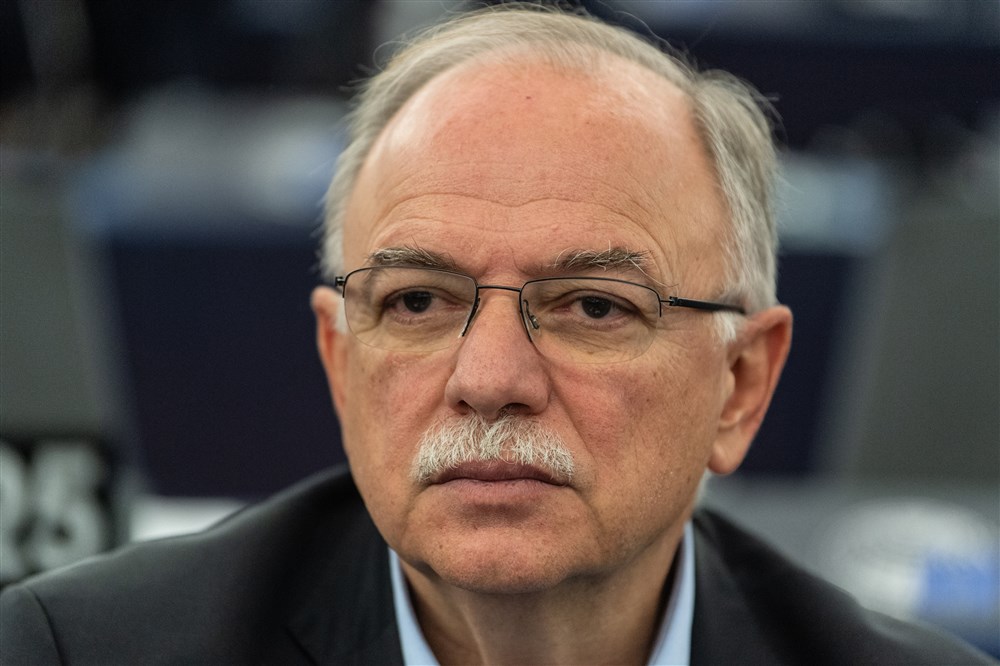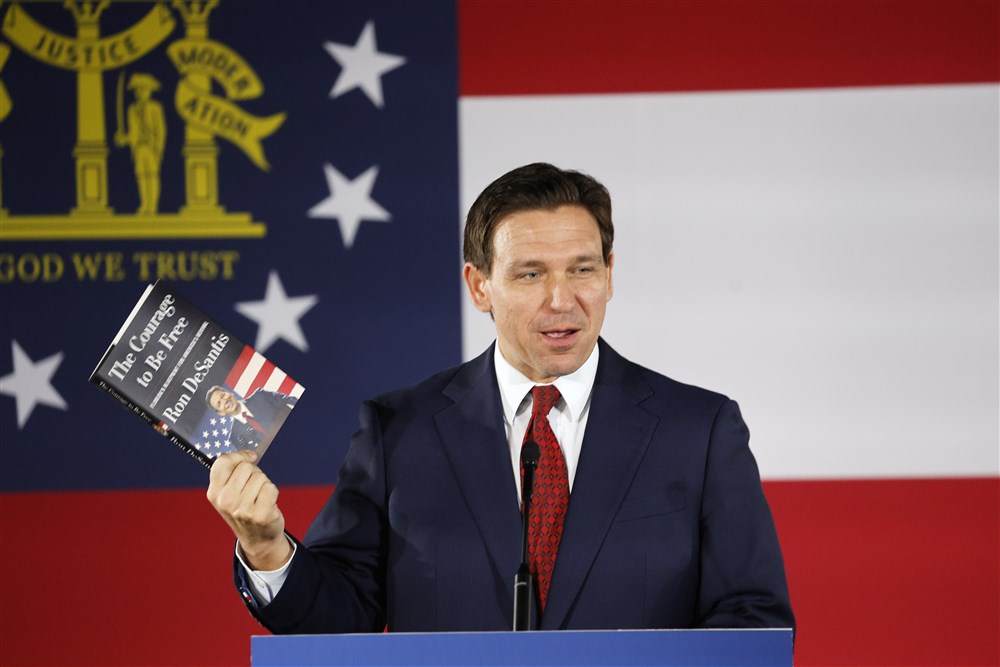European Commission President Ursula von der Leyen travelled by Eurostar to London on February 27 to meet UK Prime Minister Rishi Sunak ahead of what is expected to be the announcement of a new post-Brexit deal.
The Commission President, who was also scheduled to meet King Charles, said she was “looking forward to turning a page” in the often fraught cross-Channel relations that followed the UK’s departure from the bloc two years ago.
The EU is thought to have agreed to concessions including the waiving of almost all checks on Irish Sea traffic between the British mainland and Northern Ireland, which has been one of the more controversial elements of the original Brexit deal. Staff making EU checks in Northern Ireland ports were withdrawn in 2021 after threats were made and unknown individuals seemed to be gathering personal information such as car number plates.
Announcing a deal is not the same as ratifying it, and the British Prime Minister might have to rely on opposition support in Westminster to secure the backing of enough MPs, media speculated.
Another key issue is the role of the European Court of Justice in Northern Ireland. The Democratic Unionist Party from Northern Ireland, supported by a number of MP’s from the Prime Minister’s Tory party, want all reference to the Luxembourg court scrapped from the original deal, though the EU says this is non-negotiable. The DUP has refused to enter a Northern Ireland power-sharing agreement until the “protocol” covering the UK province is satisfactorily amended.
Brussels has plenty of experience at striking complex compromises, and this experience is expected to be brought to bear when defining a new status for the Court in the province.
EU single market rules continue to apply in Northern Ireland, whose residents, post-Brexit, have no say on how these rules are drawn up. The new deal could also cover this democratic deficit.





